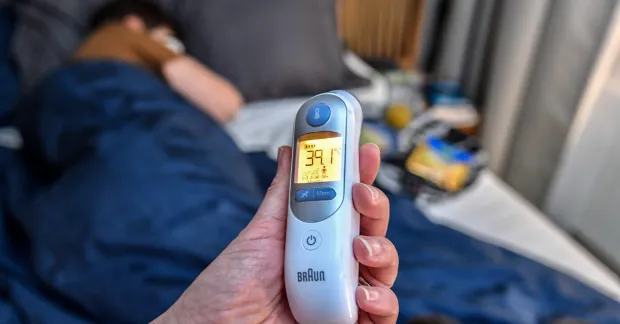
Den andra februari 2012 meddelade Astra Zeneca sitt beslut att lägga ned forskningsverksamheten i Södertälje. Tre år senare har 94 procent av dem som tog hjälp av Trygghetsrådet (TRR) nytt jobb.
Av dem har i sin tur 71 procent fått tillsvidareanställningar medan 29 procent är visstidsanställda. Andelen som blivit tillsvidareanställda är något högre än genomsnittet i TRR:s statistik över anställningsformer 2013 på 67 procent.
På TRR tror man att en av framgångsfaktorerna varit att man informerade personalen tidigt samt att både HR, företagsledning och facket fick komma in tidigt i avvecklingsprocessen.
Många av de tidigare Astraanställda fick nya jobb inom offentlig sektor. Det är också en förklaring till att de som fick lika hög eller en högre lön var något lägre, 55 procent jämfört med 70 procent, än vad det brukar vara hos TRR.
När beskedet om nedläggningen kom fanns farhågor om att många forskare med spetskompetens skulle flytta utomlands för att få jobb. Med facit i hand visade sig den oron vara onödig. Endast fyra procent, eller 43 personer, av de uppsagda tjänstemännen flyttade utomlands.
Totalt har 1 028 tjänstemän från Astra Zeneca varit aktivt arbetssökande hos TRR. I slutet av december var 55 personer fortfarande aktivt arbetssökande med TRR:s stöd.
Trygghetsrådet
TRR Trygghetsrådet stöttar uppsagda tjänstemän, arbetsgivare och fackligt förtroendevalda inom privat sektor. Det är en icke vinstdrivande stiftelse som bildades 1974 och ägs av arbetsgivarförbunden inom Svenskt Näringsliv och fackförbunden inom PTK.










